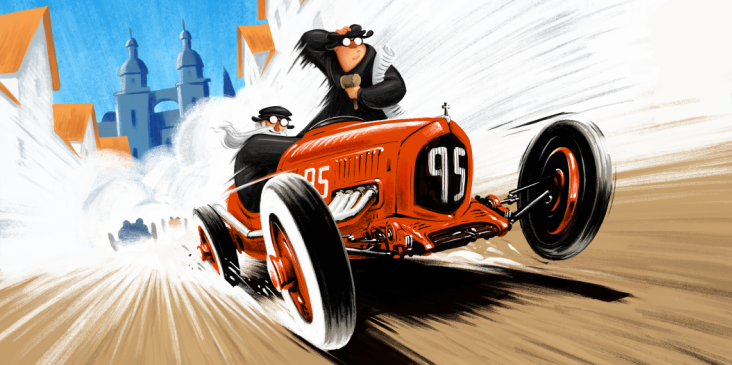“At thy right hand there are pleasures for evermore” (Ps. 16:11)
“And one of the elders saith unto me, Weep not: behold, the Lion of the tribe of Juda, the Root of David, hath prevailed to open the book, and to loose the seven seals thereof. And I beheld, and, lo, in the midst of the throne and of the four beasts, and in the midst of the elders, stood a Lamb as it had been slain, having seven horns and seven eyes, which are the seven Spirits of God sent forth into all the earth” (Rev. 5:5–6)
John had been lamenting that no one was available to open the scroll with seven seals. Indeed, no one was even worthy to look at it.
But one of the twenty-four elders spoke to him to encourage him. Do not weep, he said, but rather behold. John hears these words first, and the words tell him then to look. The real surprise does not come until he looks and sees. John is told that someone from the tribe of Judah had “prevailed.” In other words, this one had overcome, He had conquered, and as a result of this conquest he was able to open the book, and to release the seven seals.
We move with John from words to sight. And what John is commanded to behold is a Lion. And he looks, and he beheld a Lamb. This Lion is from the tribe of Judah. We know from elsewhere that the Lord was descended from David, but here it says rather that David was descended from Him. He is the Root of David, David grew from Him. The Lord Himself made a similar point when He asked how David’s son could at the same time be David’s Lord (Mark 12:37).
From the heavenly vantage point, from what the twenty-four elders knew, this great one was the Lion. But when John looks, he sees a Lamb. But there are mysteries surrounding even this. The Lamb is standing in the midst of the throne, the place of God. The Lamb had been slain, and yet He was standing.
The Lamb is clearly divine. He has seven horns, which represent the perfection of omnipotence. He has seven eyes, which represent the perfection of omniscience. These seven eyes are also identified with the seven spirits of God, which are sent out throughout the entire earth. Given that these spirits are described as the seven spirits of God, both here and earlier (Rev. 4:5), and given that they are identified with the omniscience of the slain but standing Lamb, the conclusion seems necessary that this is the Holy Spirit.
